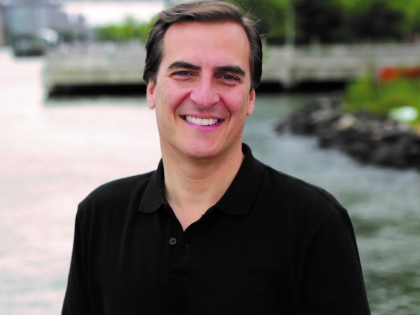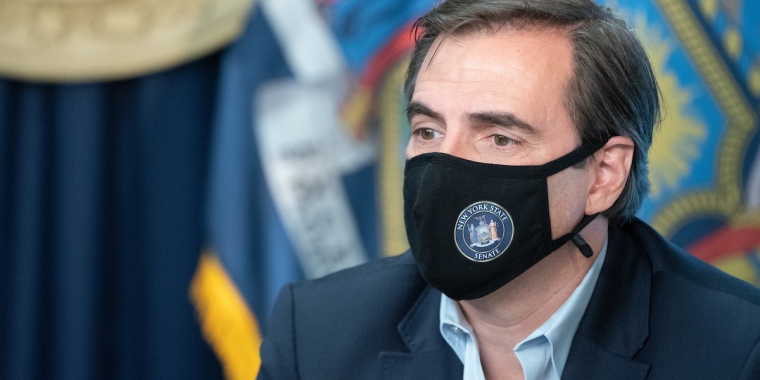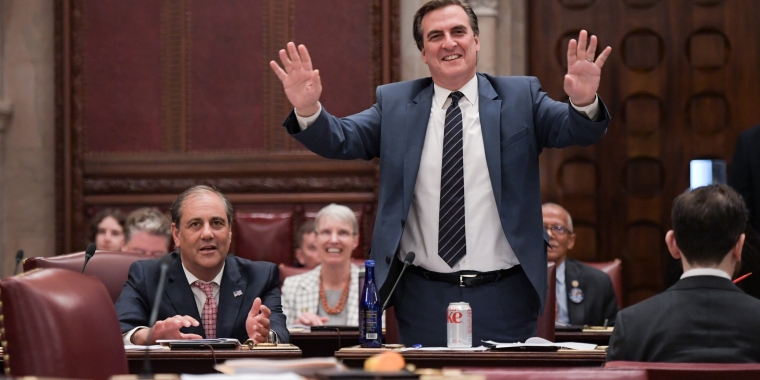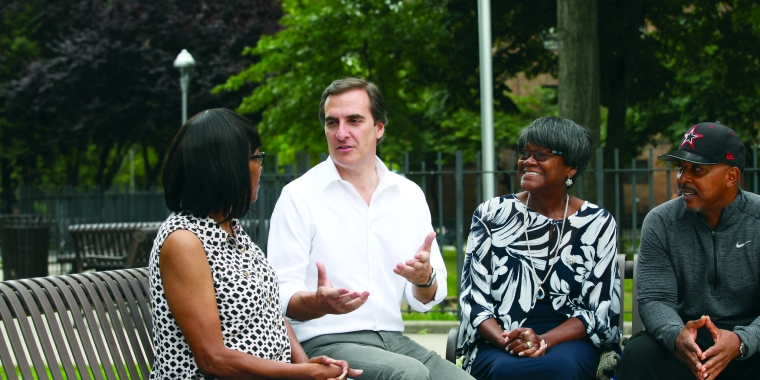
Politico New York: Senate Democrats will kick off session with another voting package

ALBANY — Democrats in the state Senate plan to kick off this year’s session with a package of bills dealing with voting, continuing what has become an annual tradition since the party assumed the majority in 2019.
This year’s package will likely include measures to continue the widespread use of absentee voting for another year, prohibit foreign corporations from donating to super PACs, and mandate more polling sites on college campuses.
“We do this on the first day regardless, to send a message about some of the most important issues that we deal with,” said Senate Deputy Majority Leader Mike Gianaris. “But it is timely, given that the Jan. 6 insurrection anniversary was days before we will take these bills up. While there are elements in this country that are trying to take away our democracy, in New York we’re doing the opposite.”
Election laws remained largely stagnant in New York for decades, but Democrats have pushed through scores of changes on everything from early voting to automatic registration since they won complete control of the Legislature after the 2018 elections.
But their efforts hit a roadblock two months ago. Voters rejected a trio of constitutional amendments on elections, including one to permanently allow for no-excuse absentee voting. The state constitution allows remote voting only in certain instances, such as when a voter is ill, but that provision has been temporarily loosened for the past two years by executive orders and statues that include occasions when there’s high risk of spreading a disease.
Republicans and their allies will likely point to last November’s vote as Democrats pass a bill extending the illness interpretation for the duration of 2022, allowing for widespread absentee voting in this year’s contests.
“I suspected they would try to do that, and we will be looking at legal action,” said Conservative Party Chair Gerard Kassar, who spearheaded a multimillion-dollar campaign against the amendments. “We never actually had confidence that the Legislature would reflect the view of the people.”
“Voters didn’t reject this,” replied Gianaris, who said the amendment on permanent no-excuse absentee voting was different from a bill to allow it during a pandemic. “The prevalence of people voting by absentee proves that with Covid still a threat, many voters are taking advantage of the opportunity to vote absentee so they don’t put themselves at risk.”
Other bills in this year’s expected package include one from Elections Committee Chair Zellnor Myrie (D-Brooklyn) dubbed “Right Church Wrong Pew.” People who show up to the wrong polling places and vote by affidavit ballot have all of their choices thrown out. This bill would make it so that any votes they cast in contests they were eligible to participate in would be counted. So, for example, if they showed up to a polling place in the wrong Assembly district, their vote for governor wouldn’t be tossed.
A recent study by the group Vote Early NY found that 13,800 New Yorkers had their ballots completely rejected in 2020 because they showed up at the wrong site.
“Without this bill, thousands of New Yorkers will continue to be disenfranchised because of faulty information regarding the location of their polling place,” said Common Cause New York’s Susan Lerner.
The Assembly, which is usually a bit slower to get down to business at the start of a new year, has not yet committed to passing any bills in the package, though voting rights advocates are optimistic there’s enough support for most of them to give them a good shot.
“If one house does something, that is a flashing light to the other house [asking], ‘Hey, where are you on this?’” said Vote Early NY’s Jarret Berg.
Berg is hopeful that next week’s package is the start of a year in which plenty of other election reforms are passed. Advocates are pushing for changes like further improvements to the absentee voting experience, a state-level Voting Rights Act sponsored by Myrie, and structural changes to boards of elections. And he thinks most New Yorkers would be supportive of these changes.
“There’s a danger in reading too much into what happened with the ballot propositions,” he said. “Certainly there was a whole bunch of money and energy put into killing these proposals, but very little done … to actually tell people about them or actually warm people up about what the significance of this is.”



